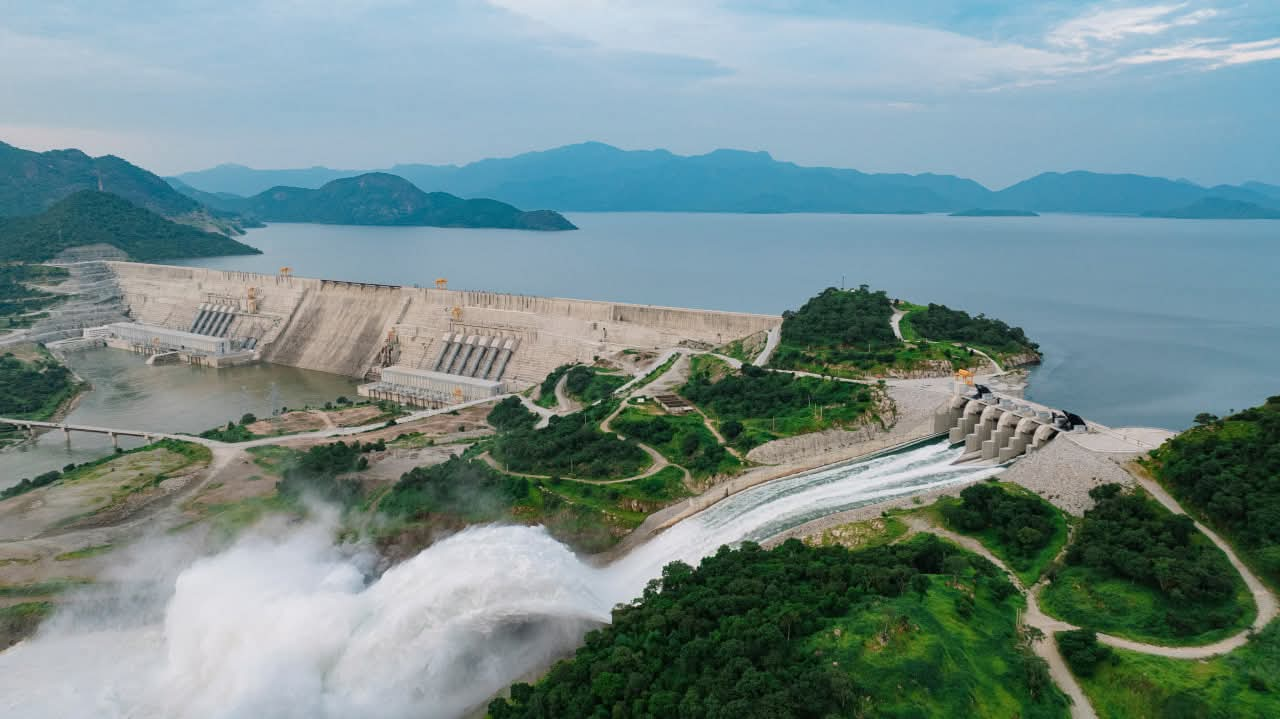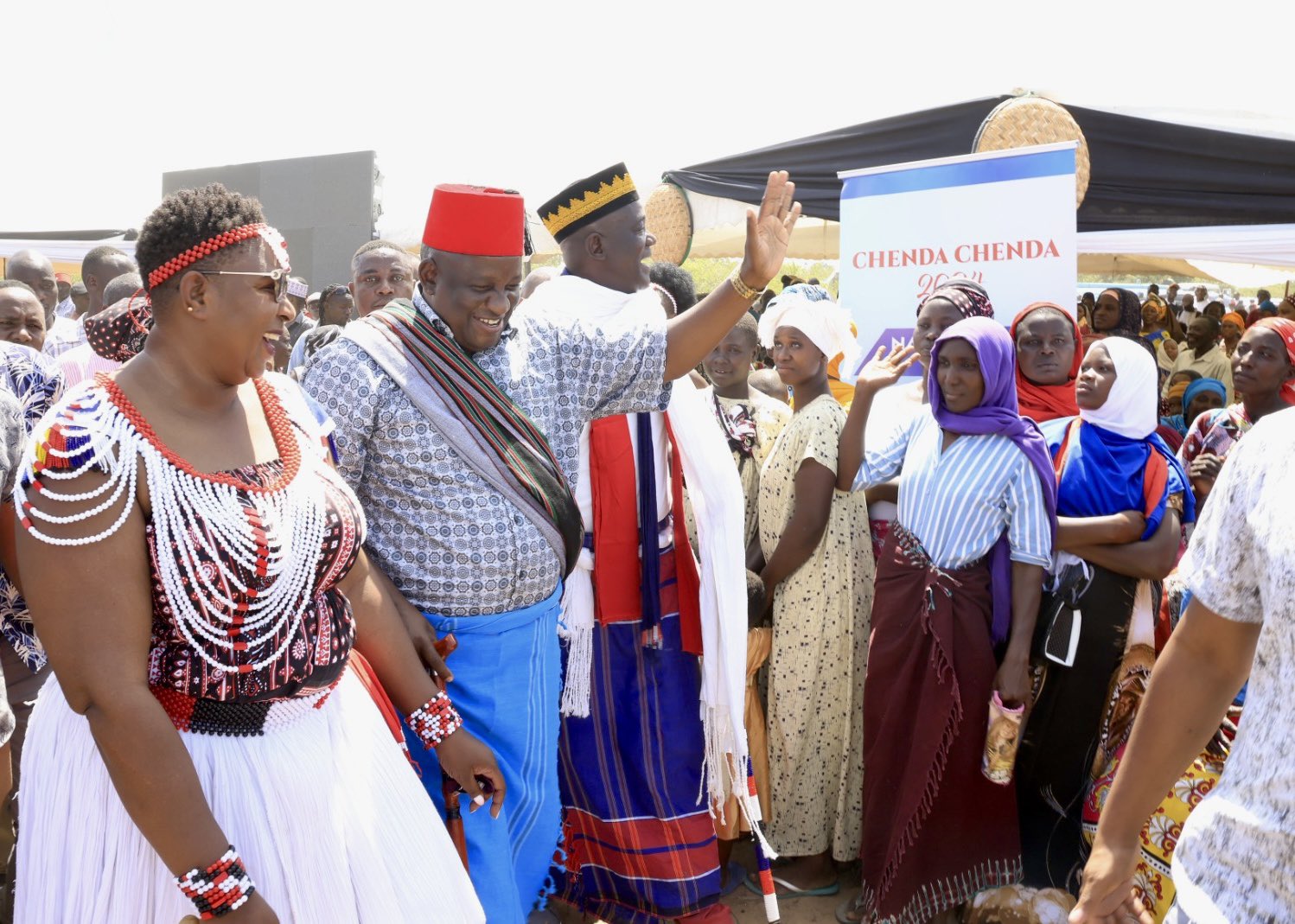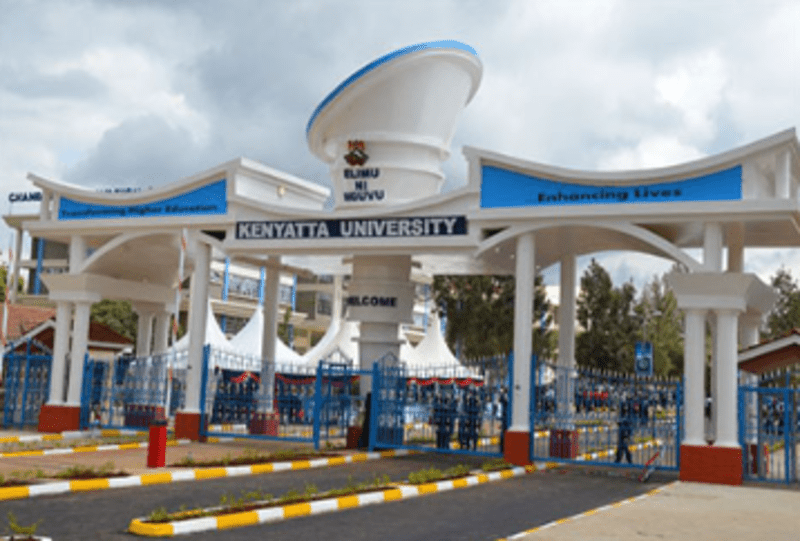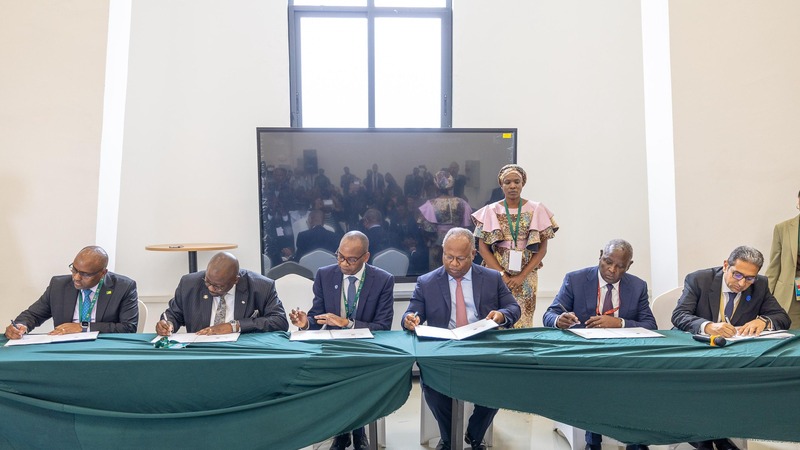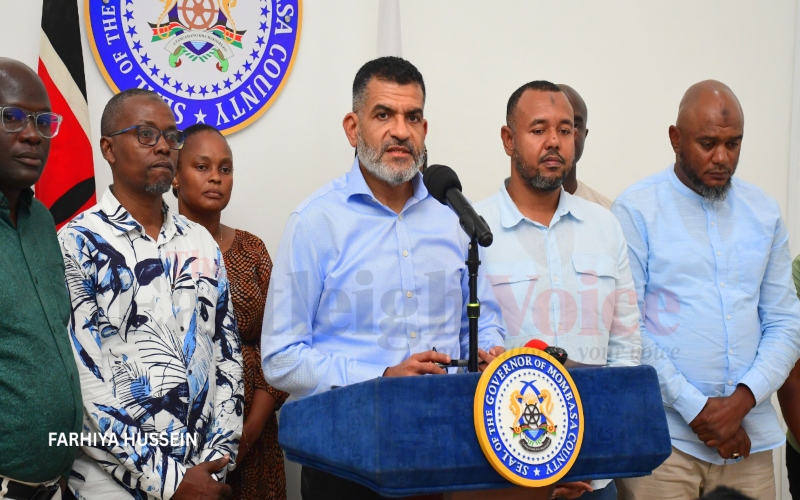It’s forest management, not destruction: CS Duale addresses Karura Forest logging claims
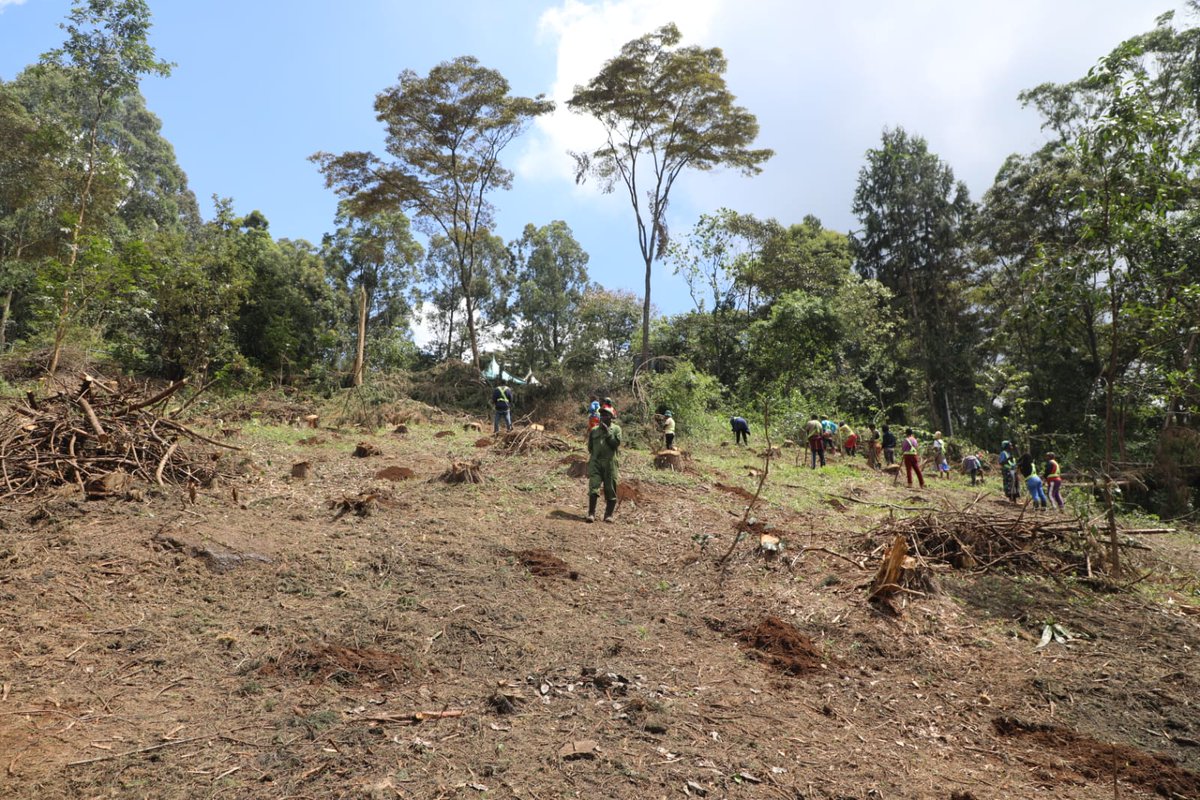
He clarified that the KFS and the Friends of Karura Forest are conducting the logging under the Karura Forest Participatory Forest Management Plan.
Environment Cabinet Secretary Aden Duale has reassured Kenyans that the ongoing logging in Karura Forest is part of a structured forest management initiative, not deforestation as alleged on social media.
In a statement on Friday, Duale emphasised that the removal of mature exotic tree species is a key component of the government’s plan to restore Karura Forest as an indigenous woodland.
More To Read
- KFS issues warning after suspected python sighting in Karura Forest
- Friends of Karura Forest, KFS in bitter row over alleged funds mismanagement
- KFS to manage private and community forests under new law
- KFS accuses Friends of Karura Forest of financial fraud, cites audit as reason for eCitizen move
- Friends of Karura Forest sue KFS over mandatory eCitizen payments
- Why we tarmacked a road inside Karura Forest- KFS
He clarified that the Kenya Forest Service (KFS) and the Friends of Karura Forest (FKF) are conducting the logging under the Karura Forest Participatory Forest Management Plan (PFMP), a legal framework.
“There are claims on some social media platforms that the ongoing removal of exotic tree species from Karura Forest is forest destruction. KFS would like to assure the public and visitors of Karura Forest that what is going on is a normal plantation management activity,” Duale said.
In 2018, a national moratorium on logging in public forests paused the initiative, which started over six years ago. However, the lifting of the ban has allowed the programme to resume.
Rstore indigenous trees
According to Duale, the plan includes the gradual removal of exotic species like eucalyptus and cypress in specific areas to make way for indigenous trees, shrubs, and climbers.
"We will gradually remove exotic plantation tree species from Karura Forest, an urban recreational forest, to return it to a purely indigenous forest. We have strictly adhered to the legal procedures for disposing of plantation materials," Duale explained.
The process involves several steps, including inventorying the selected plantations, bidding and awarding tenders, and the removal of plantation material.
Duale further assured that they are making efforts to minimise disturbance to both the ecosystem and public access.
Following the removal of exotic species, the government plans to undertake comprehensive restoration activities. These include cleaning up the logged sites, preparing them for replanting, and introducing indigenous vegetation. Maintenance, monitoring, and evaluation will also ensure the new growth thrives.
“This exercise is not about destruction but about long-term sustainability. Through these measures, we aim to restore Karura Forest to its natural state while balancing ecological needs with public enjoyment,” Duale said.
Other Topics To Read
Top Stories Today
